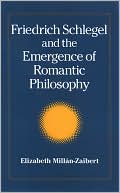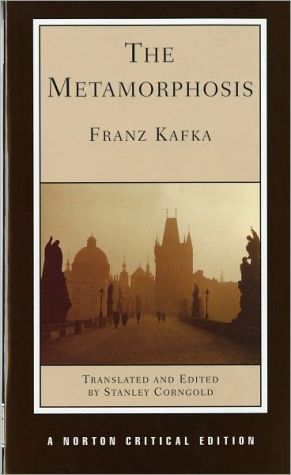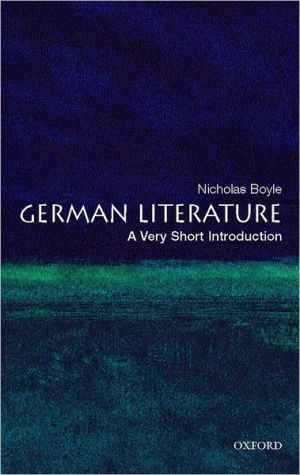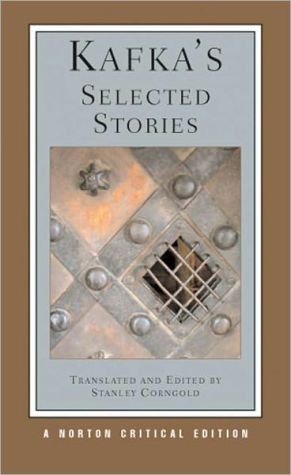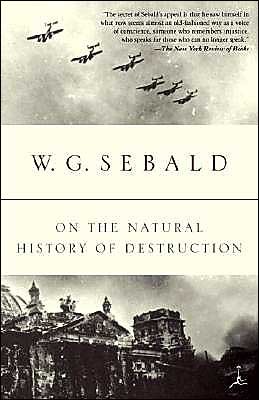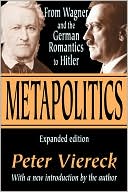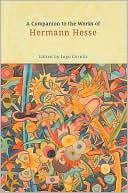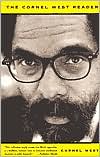Friedrich Schlegel and the Emergence of Romantic Philosophy
Search in google:
This book addresses the philosophical reception of early German Romanticism and offers the first in-depth study in English of the movement's most important philosopher, Friedrich Schlegel, presenting his philosophy against the background of the controversies that shaped its emergence. Elizabeth Millan-Zaibert begins by distinguishing early German Romanticism from classical German Idealism, under which it has all too often been subsumed, and then explores Schlegel's romantic philosophy (and his rejection of first principles) by showing how he responded to three central figures of the post-Kantian period in Germany-Jacobi, Reinhold, and Fichte-as well as to Kant himself. She concludes with a comprehensive critique of the aesthetic and epistemological consequences of Schlegel's thought, with special attention paid to his use of irony.About the Author:Elizabeth Millan-Zaibert is Assistant Professor of Philosophy at DePaul University
Acknowledgments ixIntroduction 1Philosophy and Early German Romanticism 1The Literary Dimensions of Early German Romanticism 5Defining Romanticism 10Schlegel's Antifoundationalism 18Overview 20Finding Room for the Romantics between Kant and Hegel 25Idealism: From Misconceptions to Post-Kantian Variations 28Searching for the Unity of Thought and Being: Idealist Jager versus Romantic Spurhunde 32Frank's Romantic Realists versus Beiser's Romantic Idealists 38On Why Schlegel Is Not Hegel 44Romantic Skepticism 48Searching for the Grounds of Knowledge 53Jacobi's Salto Mortale 54Schlegel's Reaction to the Salto 57Reinhold's Elementarphilosophie 62Aenesidemus and the Shift from Principle to Fact of Consciousness 65Fichte's Move from Fact to Act of Consciousness 68Fichte's Wissenschaftslehre: A Tendency to Be Avoided? 71The Foundations of Fichte's Wissenschaftslehre 72The Clash between Schmid and Fichte 75Fichte and Schlegel on Critical Philosophy 79Fichte's Mystical Errors 86The Spirit versus the Letter of Fichte's Philosophy 91Niethammer's Influence on the Development of Schlegel's Skepticism 95Niethammer's Skepticism 97Niethammer's Appeal to Common Sense 101Schlegel's Philosophical Debut 109Schlegel's Critique of Niethammer's Appeal to Common Sense 111Schlegel's Historical Taxonomy 114Critique as Metaphilosophy: Kant as Half Critic 117Revolution, Scientific Method, and Kant's Critical Project 120Critiquing the Critical Philosopher 122Away from Kant: Schlegel's Historical Turn 127Philosophy in Media Res 133The Wechselerweis and the Search for Truth 134Philosophy "in the Middle": Between Fichte and Spinoza 137Destroying the Illusion of the Finite: Schlegel's Critique of the Thing 141Wilhelm Meister: Schlegel's Model of Coherence 150The Aesthetic Consequences of Antifoundationalism 159The Modern Spirit of Romanticism 160Understanding, Misunderstanding, and Irony 165Irony and the Necessity of Poetry 170Notes 175Bibliography 231Index 249
